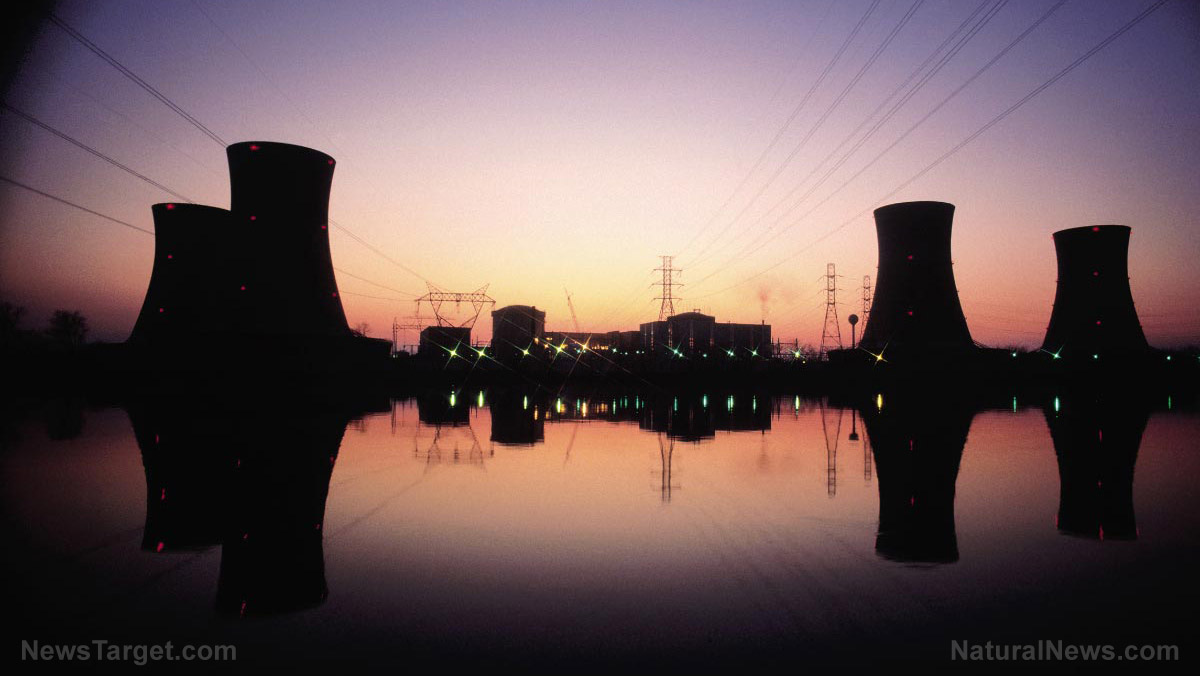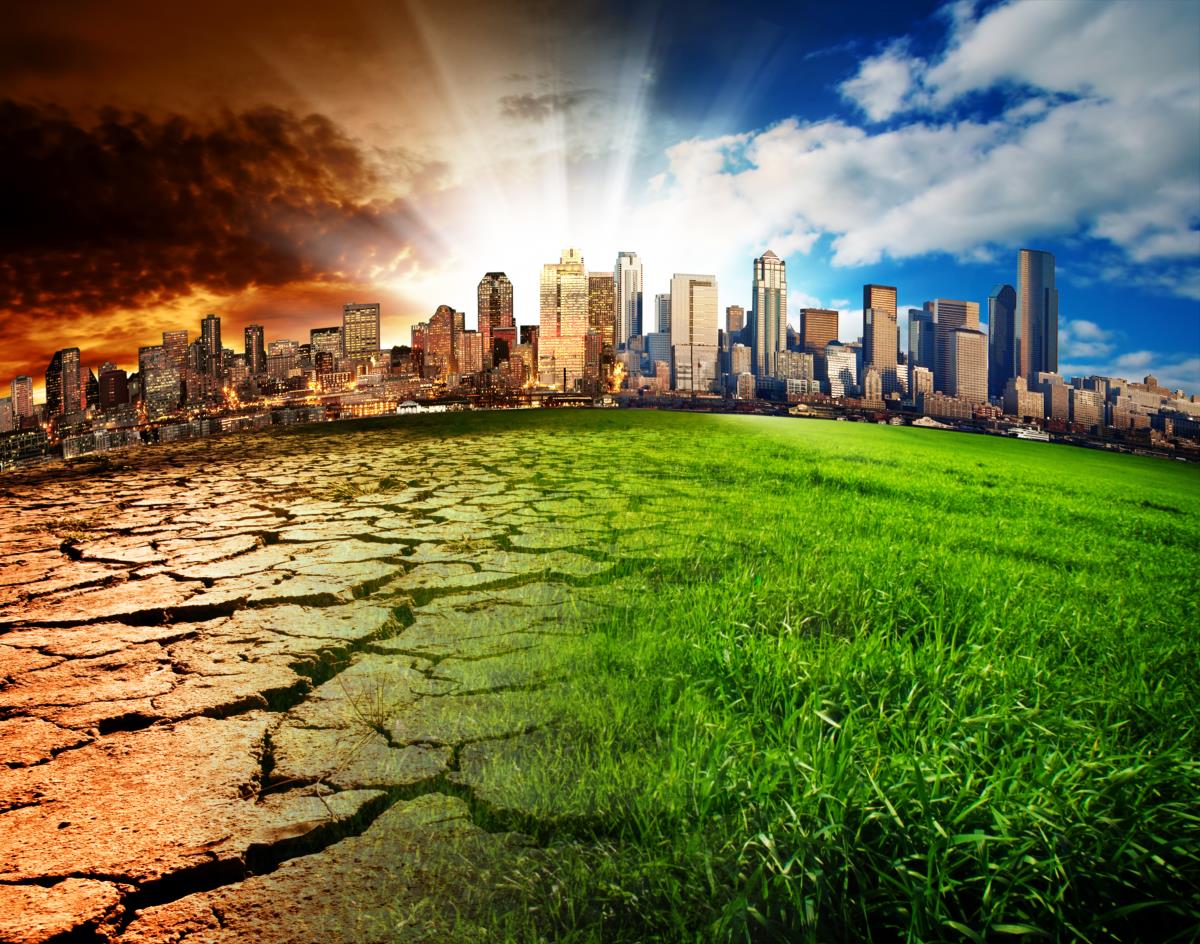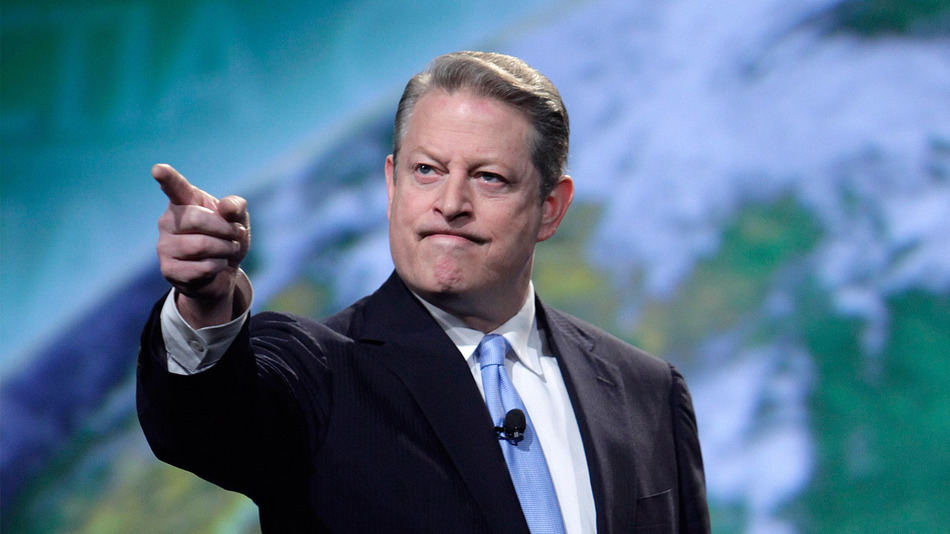Since “climate change” alarmism has flopped, the same scammers are now toying with a new phrase they hope will sound more urgent
12/04/2019 / By Isabelle Z.

Climate change alarmists aren’t quite getting the results they’d like with their current approach, so they’re doing what any smart business people would do when their product isn’t selling: switching to a new marketing tactic. Now, they’re trying to get a more urgent-sounding phrase for the issue to catch on – one that they hope will spur more people into taking actions that will further their political causes and line their pocketbooks.
Writing in Ad Age, professional brand strategist Aaron Hall said that he feels terms like “global warming” and “climate change” are too neutral and don’t grab enough attention. He points to the example of the “hypothesis of the primeval atom,” a scientific term that never really resonated in the 1900s. However, a rebranding as the “Big Bang” a few decades later has made it a household term that most people are familiar with these days.
Climate change isn’t really specific; climate, by its very nature, changes regularly. Global warming, Hall says, was initially favored by politicians because it sounded like a reason to worry, but it’s something that’s too easy to dispute because there are also times when our planet gets colder.
His team came up with some ideas that they apparently hope will scare more people into voting for liberals. He said: “We need these folks to understand the severity of what’s happening to their planet and inspire them to make more eco-friendly life choices and pro-climate choices at the ballot box.”
In that spirit, two of his top choices are “global meltdown” and “global melting.” He believes that the feeling of “melting” when it’s really hot is something people can relate to, while a “meltdown” calls to mind a nuclear meltdown, which is something that certainly inspires fear.
Another set of terms that he also deemed adequately frightening were “climate chaos” and “climate collapse.” Meanwhile, he identified “scorched earth” as an edgy choice that paints a dire picture that is more likely to scare the masses.
Lots of efforts underway to change the narrative
This is far from a one-man effort, by the way. A group of climate-related NGOs like the Sierra Club, Greenpeace, and Al Gore’s Climate Reality Project sent a letter to the major TV networks begging them to start referring to climate change as a “crisis.”
The group, which calls itself Call it a Crisis, wrote: “We are urging you to call the dangerous overheating of our planet and the lack of action to stop it what it is — a crisis — and to cover it like one.”
They said that the topic needs to be covered with language signaling that it’s a “true emergency,” and they offered to connect them with “experts” who they feel can communicate their message.
In May, UK newspaper The Guardian announced that it had changed its house style guide to replace the term “climate change” with “climate emergency, crisis or breakdown”. They also updated the term “climate skeptic” to the more aggressive “climate science denier.”
Of course, if the situation really were so dire, would anyone need to beg the networks to cover it? Would it be necessary to play with words at all? True collapse and chaos would be obvious to everyone. As James Murphy wrote in the New American, “Rebranding is something politicians and salespeople do – not scientists.”
This climate change rebranding is nothing more than another attempt at using semantics to scare people into compliance. They want to convince people to give up their appliances, cars, and eventually, their freedom in the name of saving the planet.
Sources for this article include:
Tagged Under: climate change, climate crisis, climate hysteria, environment branding, fear mongering, global warming, manipulation, scare tactics, semantics
RECENT NEWS & ARTICLES
COPYRIGHT © 2017 CLIMATE SCIENCE NEWS


















